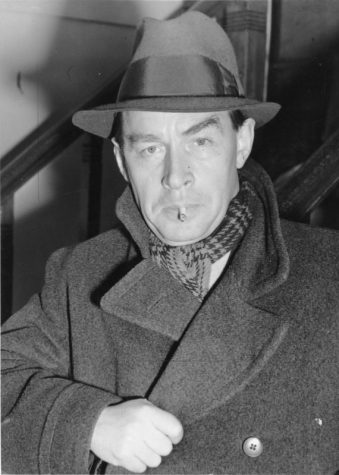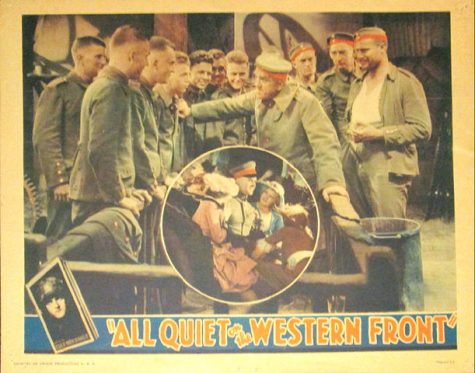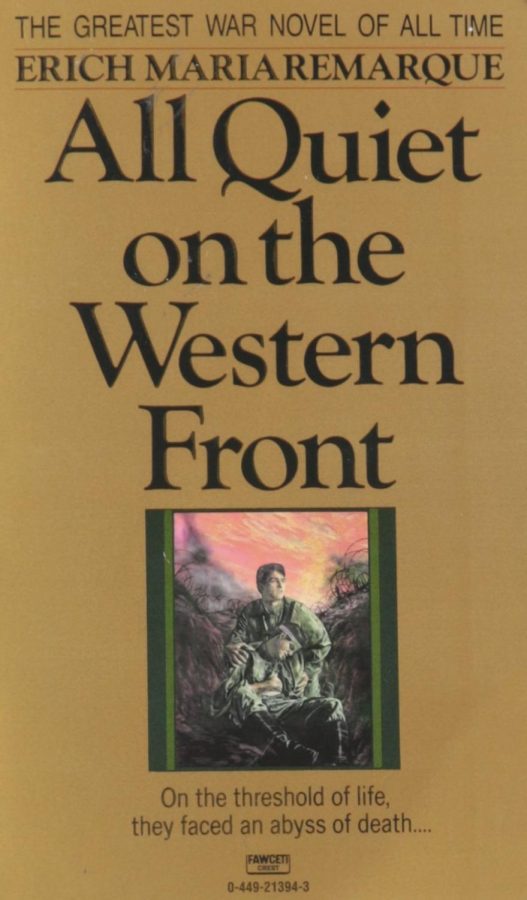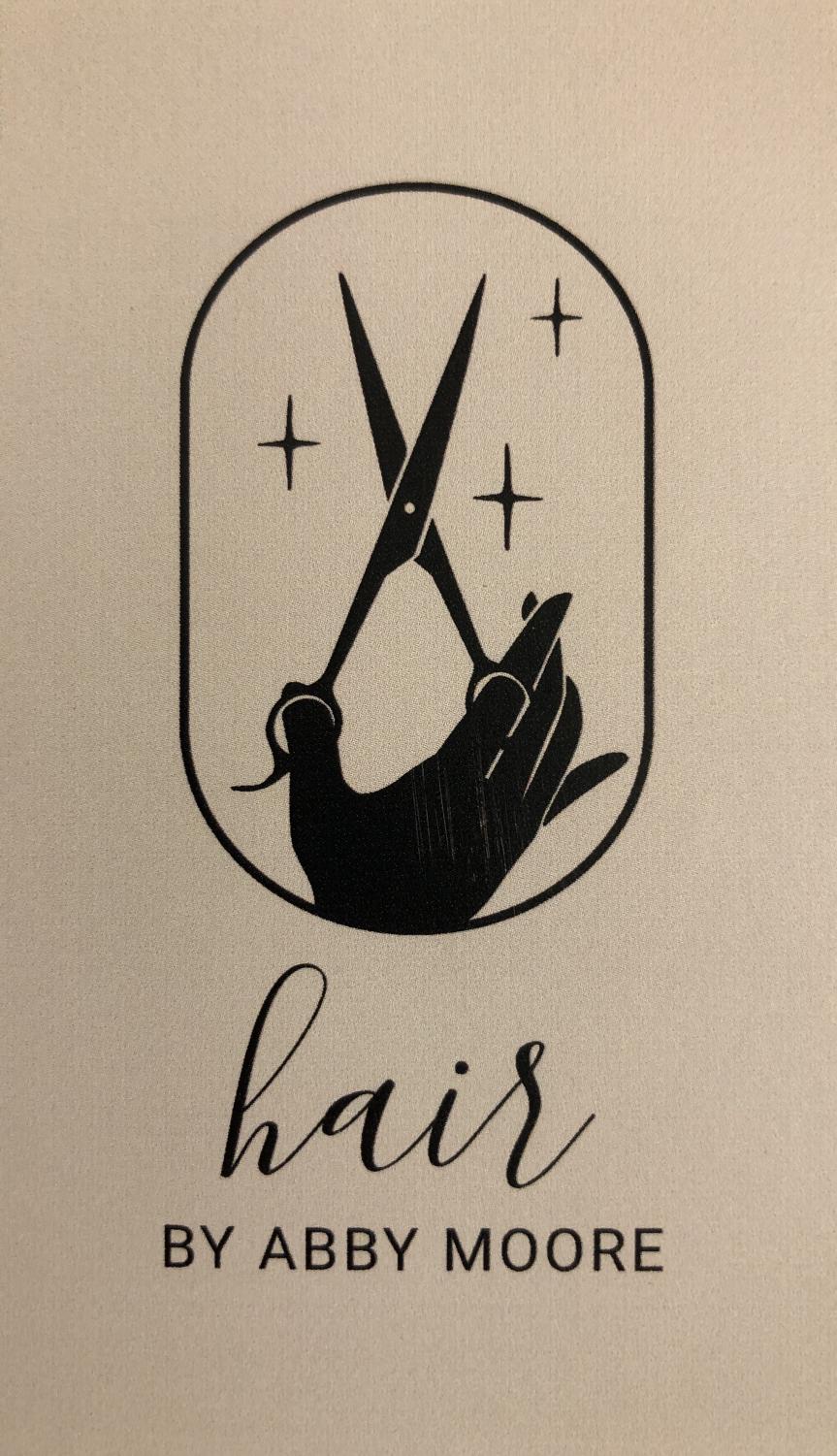‘All Quiet on the Western Front’ Review: A Brutal, Century Old Tale on War Proves that it Never Changes
November 20, 2017
All Quiet on the Western Front, is a powerful World War I novel by Erich Maria Remarque. Remarque was a German novelist of the 20th Century who has a library of anti-war novels consisting of accounts of the terror of total war that engulfed Europe during the first world war which Remarque took part in and was injured himself.
Remarque’s most popular novel, and perhaps “The greatest war novel of all time,” (at least, according to the cover) was All Quiet on the Western Front, which was also turned into an Oscar award winning film (1930). Before the novel starts, it opens with a quote from Remarque: “This book is to be neither an accusation nor a confession, and least of all an adventure, for death is not an adventure to those who stand face to face with it. It will try simply to tell of a generation of men who, even though they may have escaped shells, were destroyed by the war.”

Erich Maria Remarque Via commons.wikimedia.org
The book follows an account of freshly enlisted German Soldier, Paul Bäumer. Bäumer enlists in the German army in 1914 with a band of his best friends and classmates from his hometown. The story follows his harrowing journey all of the way until the end of the war in 1918. Throughout the novel it explores the trials and tribulations of Paul and the young men who joined the military expecting glory but were met with destruction and pain with the reality of modern warfare. The world he entered became splattered with vivid descriptions of the deaths of many men from the thousands of shells that fell on their positions and certain death from venturing to No Man’s Land in between adjacent enemy trenches.
The book explores the psychological effects that the trenches had on the men as well with an example being when the protagonist, Bäumer, gets to go on leave for a couple of weeks and his town is untouched by the war, but he still feels out of place and reacts to the screeching of a trolley that brings to mind falling shells. Aside from the shell shock, Paul has to come to terms with him not being a boy anymore since the war has transformed him into a man for many reasons. Paul states, “We are not youth any longer. We don’t want to take the world by storm. We are fleeing. We fly from ourselves. From our life. We were eighteen and had begun to love life and the world; and we had to shoot it to pieces.”
From witnessing the horrors of his friends and comrades being killed or mutilated, and having to take lives of other men, as well as living in the savage conditions of the trenches plagued with sickness and vermin like rats and lice and the always imminent threat of death, as well, Remarques’ take is one the first novels to illuminate the brutality and harrowing conditions of war. Interestingly enough, Bäumer never refers to the French or Russian or any allied nations they saw in combat as an enemy throughout the entire story.
All Quiet on the Western Front is still as relevant to me as a reader today in 2017 compared to one from 100 years ago because of the message that Remarque capitalizes on: his anti-war views. His books even made him an enemy to Nazi Germany, and many of his books were banned and burned including All Quiet.
The book’s internal message revolves around the cruelty of war and how young men are used as pawns and sent to die and mutilate for an ideology and the damnation of humanity for always committing warfare. What sets it apart from any tales of war before it is the new age of warfare mankind entered at the time. I was thinking to myself while I was reading the book if there was a call to arms for all of the young men in our country today, how it would more than likely parallel Bäumer’s tale of being stripped of innocence and boyhood from the horrors of war and new forms of warfare humanity is always progressing.

Throughout the novel, Remarque uses both beautiful and also richly terrifying imagery. There are a great many quotes one could pull from the story but one the most resonant is “I am young, I am twenty years old; yet I know nothing of life but despair, death, fear, and fatuous superficiality cast over an abyss of sorrow. I see how peoples are set against one another, and in silence, unknowingly, foolishly, obediently, innocently slay one another.”
Cons or weaknesses in the story are hard to identify, but many might consider the disturbing material throughout the story as excessive. However, I believe the story is a must read for anyone mature enough to read the accounts of the brave men that gave their lives during the first world war. The book gives readers a horrifyingly true perspective of the soldiers lives and their struggles, both physical and psychological, and the consequences of war. Not only is All Quiet on the Western Front one of my favorite books I have read, I believe this book is one that should be required reading for youth across the country as it the themes and messages are as important today as they were a century ago.














